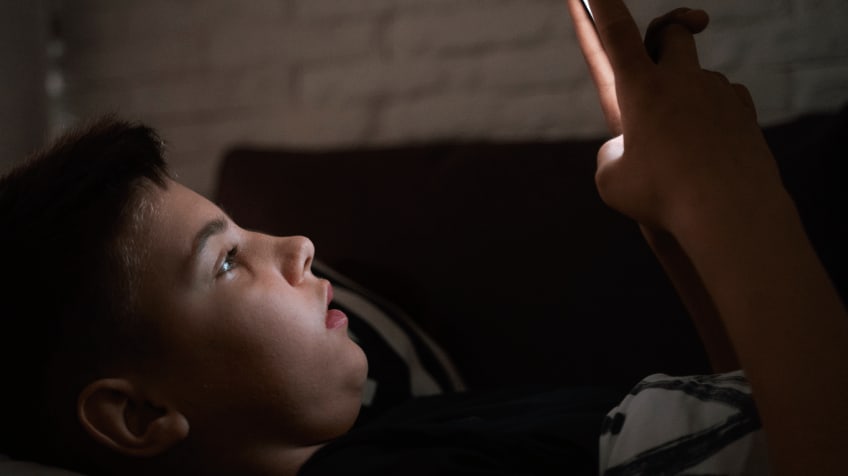Introduction
In today’s digital age, children are spending more and more time on screens, whether it’s mobile phones, tablets, laptops, or television. While technology is a part of modern learning and entertainment, excessive screen time can harm both physical and mental health in children.
At Momstory by Sahyadri Hospitals, Pune, Dr. Ganesh Badge, Pediatric Intensivist and Consultant, shares expert advice on how parents can balance screen usage and build healthy digital habits.
What Is Screen Time?
Screen time is the total amount of time a person spends daily on digital devices such as:
-
Mobile phones
-
Tablets
-
Laptops/computers
-
Television
Parents and health professionals are increasingly worried about the rising screen time among children. The key lies in finding a healthy balance.
Healthy vs. Unhealthy Screen Time
Just like a balanced diet, screen usage should also be balanced and purposeful.
-
Healthy Screen Time:
-
Educational use
-
School-related projects
-
Learning apps
-
Productive digital work
-
-
Unhealthy Screen Time:
-
Video games
-
Unmonitored YouTube or OTT content
-
Age-inappropriate shows or social media
-
Recommended Screen Time by Age
According to pediatric guidelines:
-
Below 2 years: ❌ No screen time allowed.
-
2 to 5 years: ✅ Maximum 30–60 minutes per day. Less is better. Must be monitored by parents.
-
5 years and above: ✅ Balanced screen time is allowed, but it should not disturb sleep, meals, studies, or physical activity.
Effects of Excessive Screen Time
Too much screen exposure can cause:
Physical Effects:
-
Weight gain and obesity (due to sedentary lifestyle)
-
Back pain and posture problems
-
Eye strain, headaches, dizziness
Mental & Developmental Effects:
-
Speech delays in younger children
-
Hyperactivity and attention issues
-
Anxiety and depression in older children
-
“Fear of Missing Out” (FOMO) from social media
Important Note: Social media platforms such as Facebook, Instagram, Twitter, and YouTube should ideally be introduced only after 16 years of age.
How Parents Can Manage Screen Time
Here are expert tips by Dr. Ganesh Bage to ensure healthy digital habits:
-
Choose larger screens (TV or laptop) over mobiles to reduce eye strain.
-
Follow the 20-20-20 rule: After every 20 minutes of screen time, take a 20-second break and look at something 20 feet away.
-
Correct posture:
-
Screen at eye level
-
Relaxed shoulders
-
Feet and hands supported properly
-
-
Create digital rules at home:
-
No screens at the dining table or in the bedroom
-
Introduce “digital fasting” days when the entire family avoids screens and spends time bonding
-
-
Encourage physical activity: Sports, outdoor play, and hobbies help balance digital life.
-
Be a role model: Children learn more by observing parents. If you follow healthy screen habits, your child will too.
Final Takeaway
Technology is here to stay, but healthy screen time is about balance, monitoring, and meaningful usage. Parents should ensure that screen exposure supports learning and family interaction instead of replacing them.
For more personalized guidance on child health and digital habits, consult Dr. Ganesh Badge at Momstory by Sahyadri Hospitals, Hadapsar, Pune, one of the best pediatric hospitals in Pune trusted by parents for expert pediatric care.

